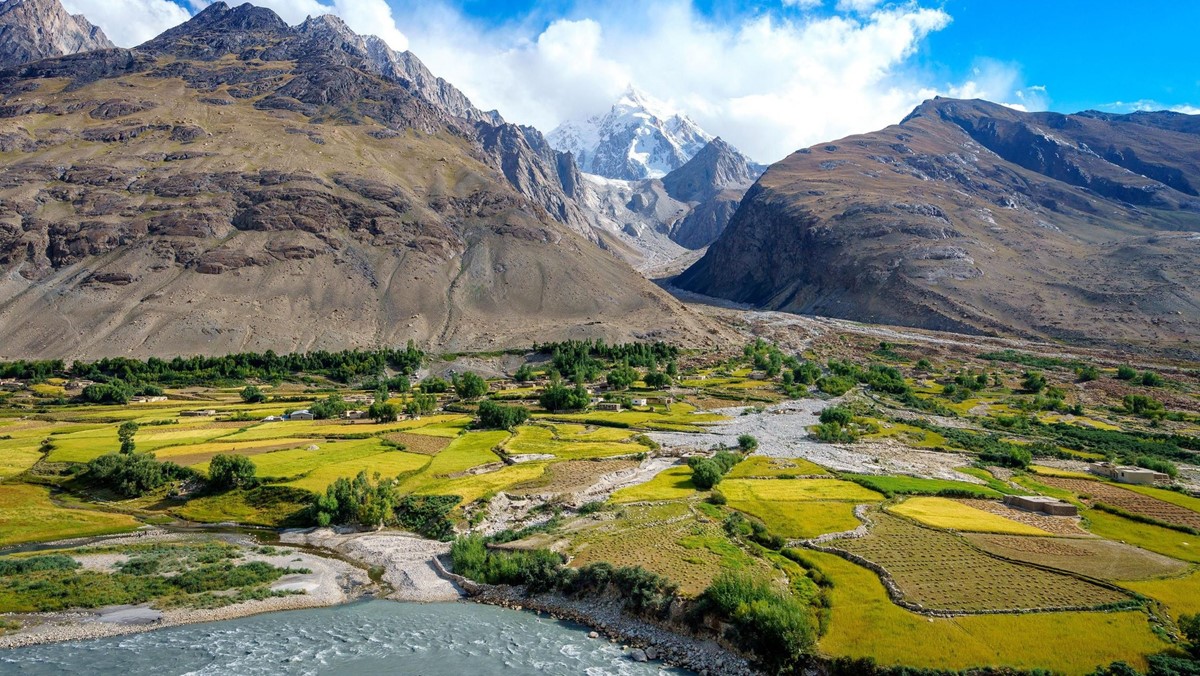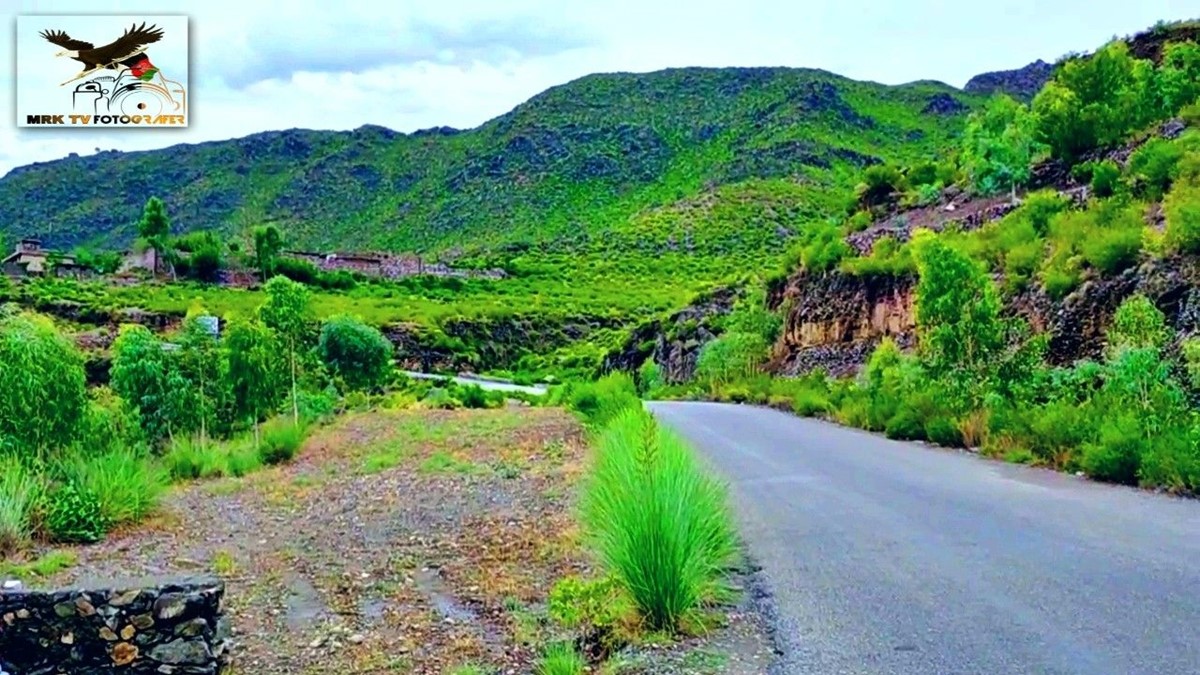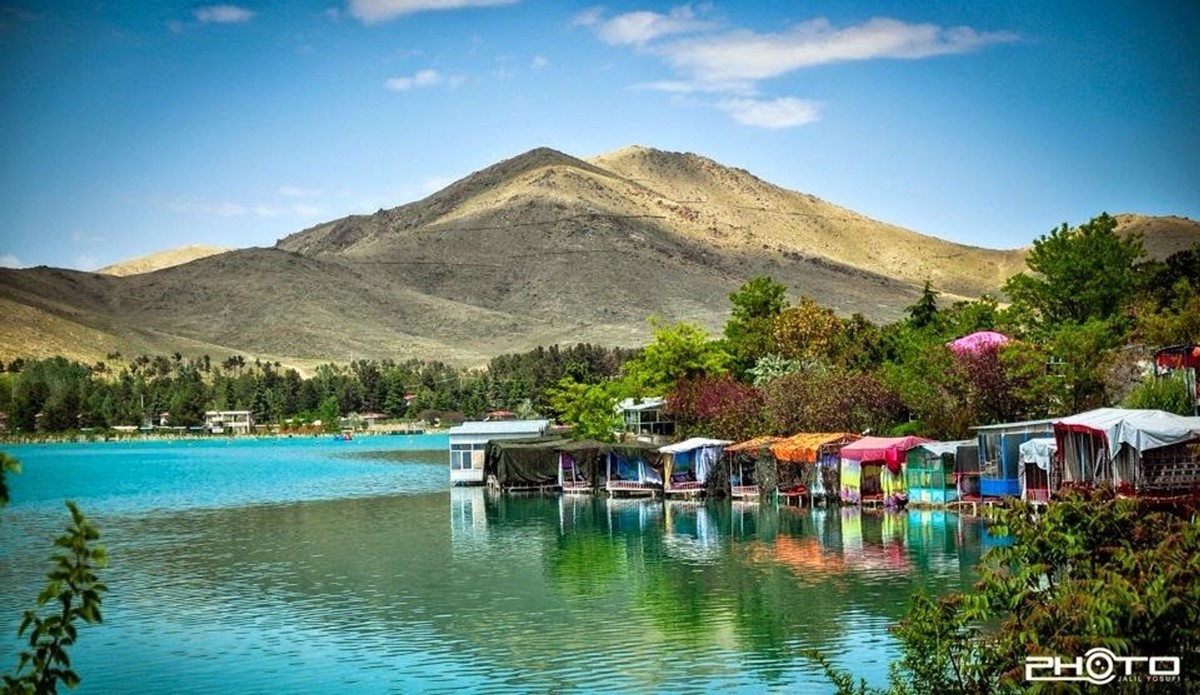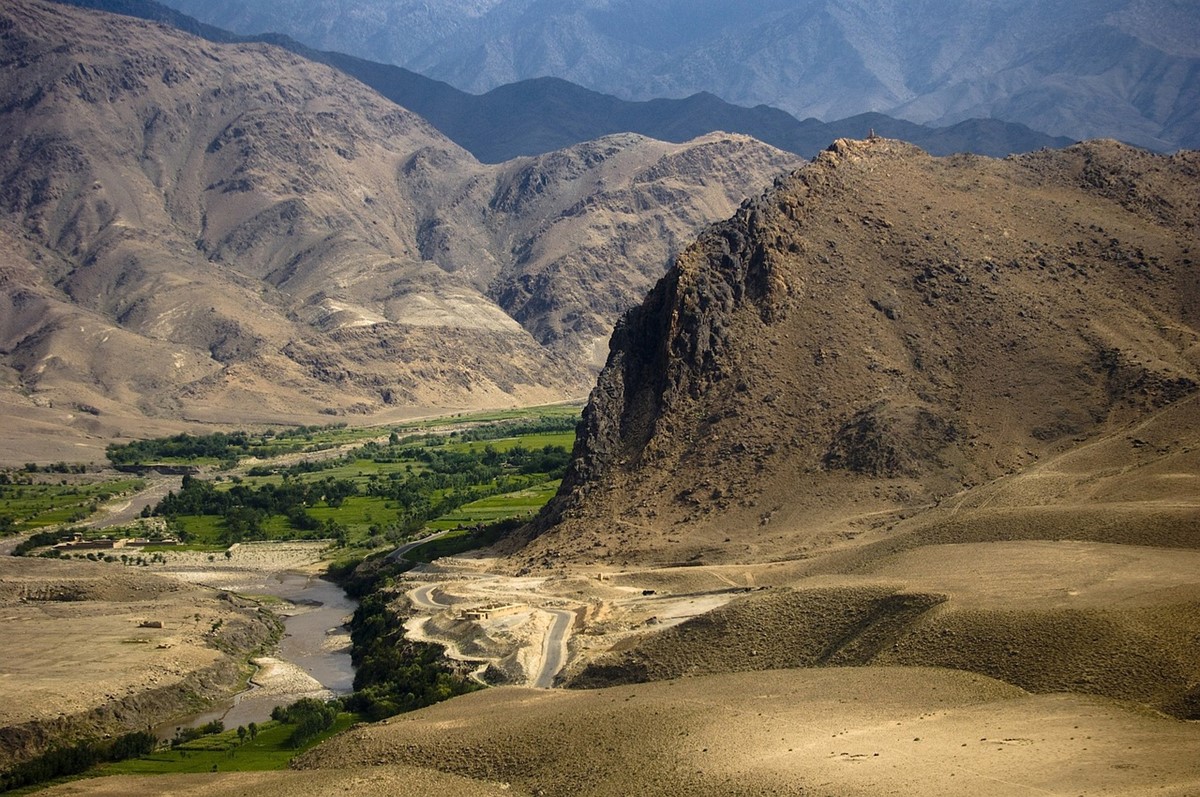Traveling to Afghanistan can be an enriching and unique experience, but it’s crucial to be well-informed and prepared for the journey. Afghanistan is a country with a rich history, breathtaking landscapes, and warm hospitality, but it’s also important to note that it has faced decades of conflict and is currently listed as an unstable region. If you are considering traveling to Afghanistan, here are some essential things you need to know before embarking on your adventure:
Security
Before planning your trip, it is essential to stay informed about the security situation in Afghanistan. The country has faced ongoing conflicts and a high level of violence, including terrorism, insurgency, and armed crime. Check with your local embassy or consult travel advisories to understand the risks associated with your destination and surroundings. Consider registering with your embassy, especially if you plan to spend an extended period in the country.

Visa and Documentation
Obtain a valid Afghan visa before entering the country. You may need to apply through the Afghan Embassy or Consulate in your home country. Depending on your nationality, it may be a lengthy process, so start early. Carry essential documents such as your passport, visa, and important contact numbers at all times while in Afghanistan.

Cultural Sensitivity
Afghanistan is an Islamic country with deeply rooted religious and cultural traditions. It is crucial to be mindful of local customs and traditions. Respect local dress codes, particularly for women, by wearing loose-fitting clothing that covers your arms and legs. Additionally, try to learn basic greetings and phrases in Dari (Persian) or Pashto, the main languages spoken in Afghanistan. This small gesture will enhance your interactions and demonstrate respect for the local culture.

Safety Precautions
While in Afghanistan, pay close attention to your surroundings and take precautions to ensure your safety. Avoid public gatherings and crowded places, as they may be potential targets for attacks. Liaise with local authorities, hotels, or trusted contacts to assess the safety situation in the specific regions or cities you plan to visit. It is advisable to seek professional security advice or hire a professional security company to ensure your safety while traveling.

Health and Vaccinations
It’s crucial to consult a travel medicine specialist before visiting Afghanistan. Ensure you are up-to-date on routine vaccinations and discuss additional immunizations such as hepatitis A, typhoid, polio, and meningitis. Medical facilities in Afghanistan are limited, especially in rural areas, so carry a comprehensive medical kit and consider purchasing travel insurance that covers emergency medical evacuations.

Transportation and Infrastructure
Afghanistan’s transportation infrastructure is undergoing development and may vary considerably across different regions. Domestic air travel is relatively safe and convenient, with several airlines operating in the country. However, road travel can be challenging due to poor road conditions and security concerns. Public transportation options such as buses or shared taxis should be approached with caution. When traveling by road, it is advisable to hire a reputable local driver who is familiar with the region.

Use eSIM to access the internet anytime, anywhere
Using an eSIM for internet access when traveling offers a multitude of benefits, including convenience, cost savings, global connectivity, and flexibility. Its ease of activation, security features, and compatibility with modern devices make it a compelling choice for travelers seeking a seamless and efficient way to stay connected while exploring the world.
Read more: 10 Reasons Why you should use an eSIM when Traveling
If you are planning a trip to Afghanistan, buy a Afghanistan eSIM now.
Traveling to Afghanistan requires careful consideration and adequate preparation. While it may present challenges, the country offers a unique opportunity to explore its rich history, culture, and stunning natural beauty. Ensure you stay well-informed about the security situation and exercise caution throughout your journey. Remember, the safety and well-being of yourself and your fellow travelers should always be the top priority.

